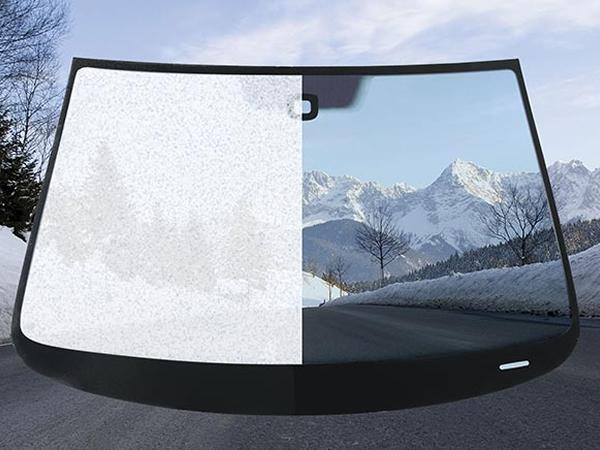
Date: 15 June 2017
“Automotive glazing provides superior appearance, high performance, and great value. It incorporates stylish good looks, with protection and comfort. Automotive glazing innovation aims at enhancing safety, security, and consumer comfort. The safety feature enables vehicle to absorb some of energy from the impact. Moreover, after an impact the resulting glass fragments inclined to remain attached to the plastic inter-layer, diminishing the hazards of sharp projectiles during an accident,” says Grand View Research in a report entitled “The Global Automotive Glazing Market Analysis, Market Size, Application Analysis, Regional Outlook, Competitive Strategies And Forecasts, 2015 To 2022”.
There are already discernible trends: “Escalating demand to meet automobile manufacturers' and end-user needs from comfort, safety and security perspective is expected to be the key force driving the global automotive glazing market growth over the forecast period. The need to comply with several regulations pertaining to automotive industry may also spur automotive glazing market demand. Products that provide best possible technological solutions with basic functionalities are expected to significantly drive the market over the next few years,” says the report.
“The use of smart glass in the automotive sector is driven by factors that are central to the automotive industry. More specifically, the revenue potential for specific smart glass strategies in automobiles and trucks should be appraised against four criteria: safety, comfort, fuel economy, and design/ style,” predicts a 2014 report “Market Trends: Smart Auto Glass Continues Growth” by NanoMarkets.
“There is nothing new about these factors. They have not changed since the earliest days of the automobile industry, although what has changed is the degree that some of these factors are controlled by legislation. In addition, smart glass is only one of numerous technologies that will help achieve the necessary goals required for each of the factors,” says the report.
One company which has been supplying glass to the auto industry for more than 80 years, and which is a leading automotive glazing innovator is Saint-Gobain Sekurit.
The French group has been identified as one of the hundred most innovative companies in the world for six consecutive years by Clarivate Analytics. Some two-thirds of the company’s investment in research and development is focused on innovative materials.
In 2014 the automotive world was introduced to SGS ClimaCoat at the launch of the new Passat during the Paris Motor Show. The 2014 Passat was almost entirely glazed by Saint-Gobain Sekurit – which started providing glazing for the Passat in 1973.
The SGS ClimaCoat windscreen can be heated in winter, and reflects heat in summer to provide optimal thermal comfort and lower fuel consumption. ClimaCoat was developed jointly by Saint-Gobain Sekurit and Volkswagen over a period of four years.
There are two approaches to heating windshields. One diffuses heat through a network of microscopic electric filaments embedded in the laminated material between two layers of glass.
The second – which is the solution developed by Saint-Gobain for ClimaCoat – uses a conductive layer that is applied to the whole surface of the glass. The advantage is that there are no wires however fine – in the field of vision. The coating cannot be seen by the naked eye.
In winter the heating system is used to de-mist and de-ice quickly, while preventing the windshield from re-icing or misting up. In summer, ClimaCoat keeps the interior cool by reflecting most of the infra-red rays. This natural regulation of the heat build-up in the vehicle makes for more comfortable travel for passengers while protecting the trim.
Fuel consumption and carbon dioxide emissions are reduced because there is less reliance on air conditioning. This helps OEMs to meet the new standards being introduced in the United States and Europe which are designed to reduce greenhouse gas emissions and improve fuel savings by decreasing the use of air conditioning in vehicles.
ClimaCoat is also well suited to electric vehicles, where the glazing is helping to increase range while ensuring that the occupants stay comfortable. Air conditioners are major users of power and any reduction in the need for cooling is translated into more miles per charge.
Thanks to the heating/cooling function, this anti-solar glazing reduces the use of air conditioning by up to 30%, according to the company. In addition, the new European driving cycle test proved that in summer, the ClimaCoat windshield can improve driving range by 3%, while inside the cabin the air temperature is 10° C less than a car with a standard windshield.
In winter, the de-icing time is three times faster than with a non-heated windshield, according to Saint-Gobain. As a result a number of OEMs are increasingly specifying ClimaCoat for both electric and conventionally powered vehicles.
Car manufacturers such as Volkswagen, AUDI, Porsche, Mercedes and Skoda now all reportedly have models equipped with ClimaCoat windshields. A number of new models introduced during 2017 are also expected to have ClimaCoat windshields.
 600450
600450


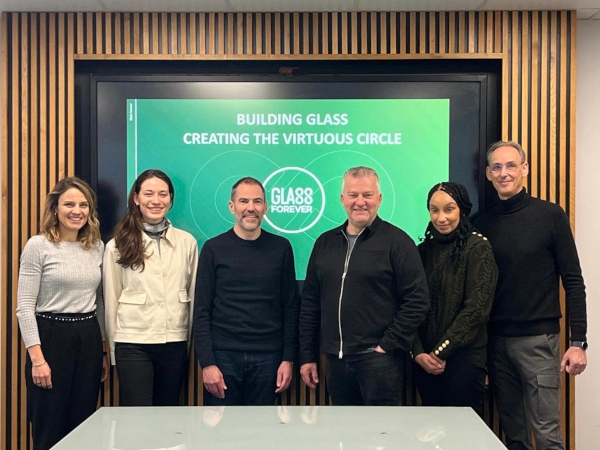
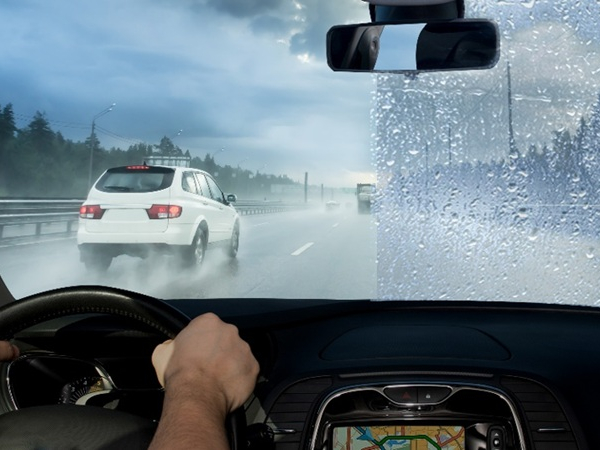
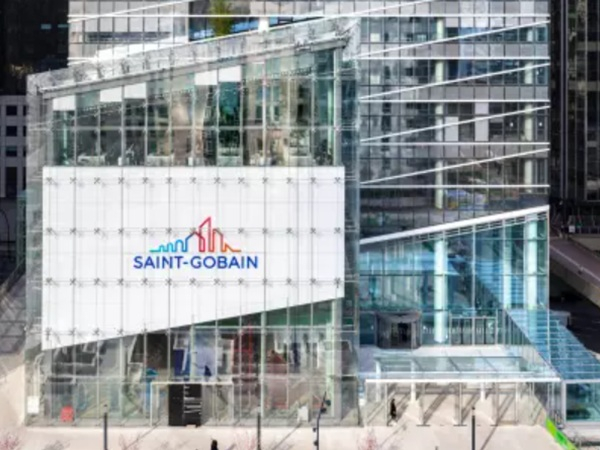
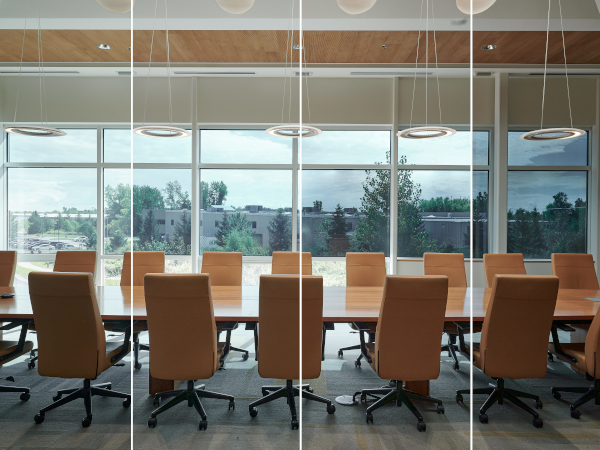
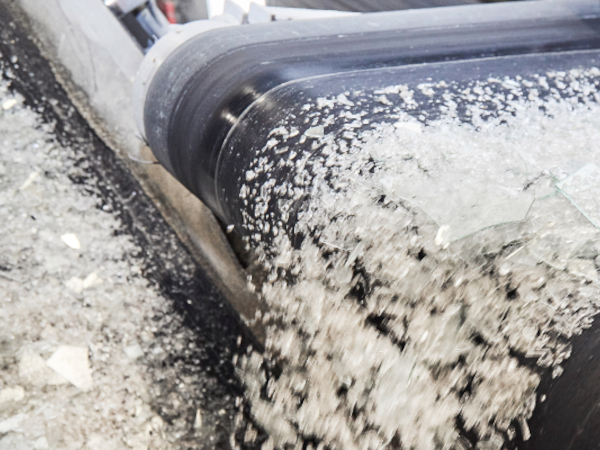







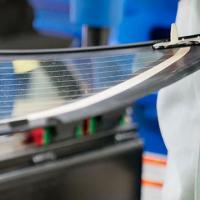

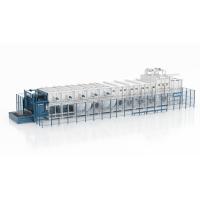
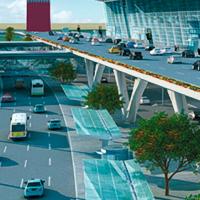
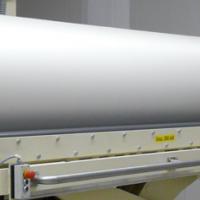
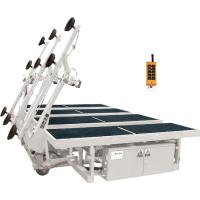
Add new comment